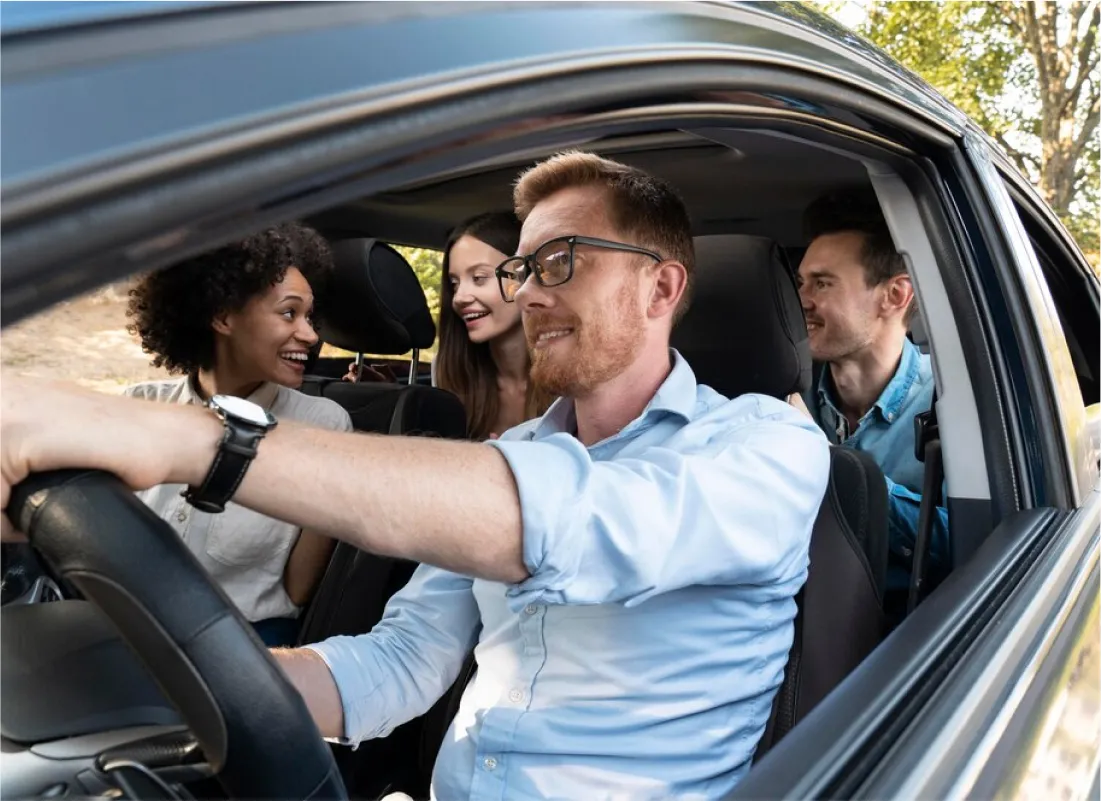Ride sharing is always thought to be convenient, economical, and environment friendly but have you ever wondered about liability when you think of services like Lyft and Uber. The sharing economy has certainly connected consumers with providers in more advanced and technology enabled ways that have made lives easier but it has also brought new risks such as regulatory and safety issues.
The Ride-Share Liability Coverage Maze
After the tragic death of a 6-year-old girl on the street due to neglect by an Uber driver in San Francisco, there have been great speculations about who is liable if they get hurt as a consumer or as a non-consumer of ride sharing services like Uber. A good place to start when finding the answer to that question is to understand the relationship between Uber, its drivers, and its passengers (although the relationship varies depending on the circumstances surrounding the incident).
Uber classifies its drivers as independent contractors, not as employees; this means that Uber does not share liability in the case of an accident. Moreover, Uber only provides coverage when the driver is involved in a mishap while providing services as an Uber driver. Although theoretically Uber provides coverage of up to $1 million for passengers and drivers (if they are hurt during a trip), there is a large gray area with reference to coverage when it comes to liability issues for non-passengers hurt by Uber drivers. This can and has been tricky in situations where an accident occurs when the driver is not providing services but searching for passengers (with the Uber app open on the phone). Uber does provide liability coverage of up to $50k for injury, $100k total and $25k for property to its drivers from the time they go online to the time that they find a trip however it is more of secondary coverage meaning that if the driver’s primary insurance does not cover certain damages, Uber can foot the bill. Another twist in the maze is that most insurance providers either cancel their services or deny coverage to drivers if the car is being used for business/profit-making purposes. Due to the complex gray areas in accident coverage in the sharing economy, passengers and non-passengers affected by ride share cars or drivers have experienced a tough time finding compensation.
Although customized insurance is now available for rideshare drivers in certain states, the problem of coverage still remains in states like Oklahoma where such products have not been offered yet. If you or a loved one have been hurt by a negligent rideshare car/driver, you have several legal options to get the compensation you deserve. The sharing economy is highly unregulated right now which gives many participating stakeholders such as Uber to make rules that reduce risk sharing minimum for them. However, if you approach an experienced car accident attorney in Oklahoma you have a chance at recovering losses that you suffered. AMA Law has a team of passionate and experienced automobile accident lawyers who can review your case and circumstances diligently and find the right legal leverage you need to receive a fair compensation. Contact us today to discuss your situation.
